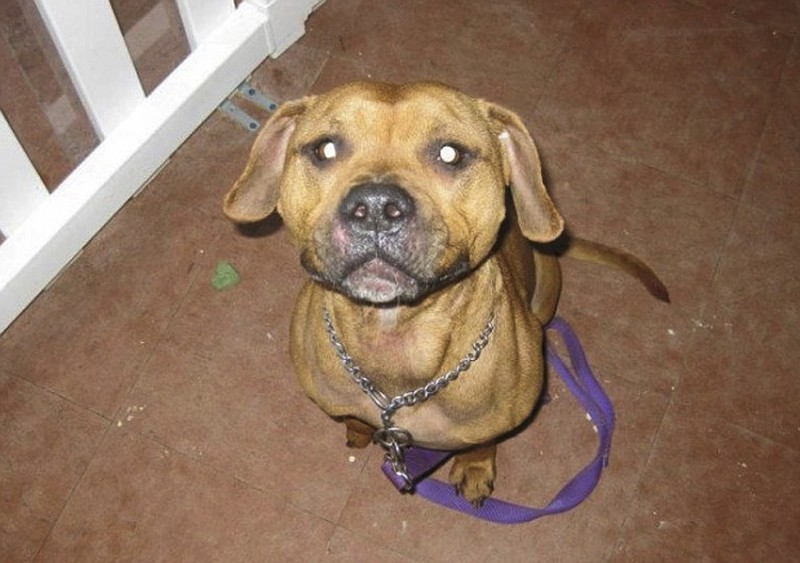HARTFORD, Conn.-Many states have victim's advocates or child advocates, people in the judicial system who represent those affected by crime or abuse. Now, one state has created legal advocates for abused animals, an experiment being watched nationwide for signs of success.
There are eight approved volunteer advocates across Connecticut-seven lawyers and a University of Connecticut law professor, working with her students. It's up to a judge to decide whether to appoint one, but they can be requested by prosecutors or defense attorneys. In the first six months of the law, advocates have been appointed in five cases.
"Every state has the problem of overburdened courts that understandably prioritize human cases over animal cases in allocating resources," said the professor, Jessica Rubin, a specialist in animal law. "Here's a way to help."
The American Kennel Club, though, opposed the law, saying it could result in confusion over who is responsible for an animal and limit the rights of animal owners, including in cases in which someone else is charged with the abuse.
Supporters say those issues are easily handled by a judge.
The law was created by the legislature and went into effect late last year. "Desmond's Law" was named for a dog that was beaten, starved and strangled by its owner, Alex Wullaert, who admitted to the violence but avoided jail time under a probation program for first-time offenders that allowed his record to be wiped clean.
UConn law student Taylor Hansen, one of the volunteer advocates, this week was the first to testify in court, with Rubin by her side, making arguments in a dogfighting case involving three pit bulls.
Just having the advocate in court represents a sea change in the handling of animal abuse cases, said Annie Hornish, the Connecticut director for the Humane Society of the United States.
Connecticut's experiment is being watched by other states, Hornish said. And Rubin said she has gotten inquiries from lawmakers elsewhere asking how it might be copied.
A few states, including neighboring Rhode Island, allow veterinarians to advocate for animals in court, said lawyer and animal advocate Thomas Page, but only Connecticut has legal advocates.
According to a legislative report, there were 3,723 animal abuse or cruelty cases charged in Connecticut between 2006 and 2016. Eighty percent were not prosecuted or were dismissed.
Nineteen percent resulted in convictions, and 55 cases-the remaining 1 percent-resulted in the defendant being found not guilty.
"We hope with this law in place, we will start to see much better procedural outcomes," Hornish said. "We are very excited that judges seem to be taking advantage of it."

